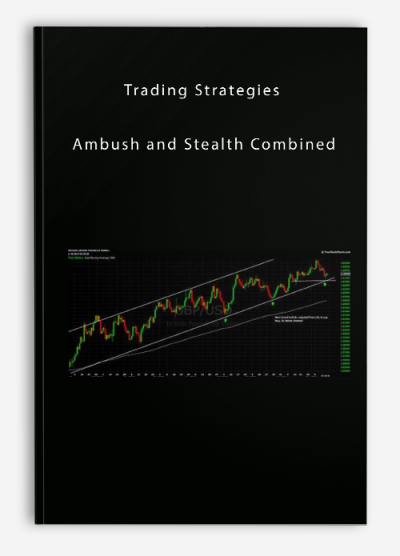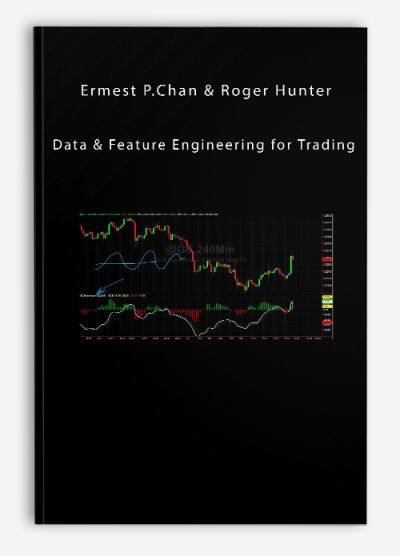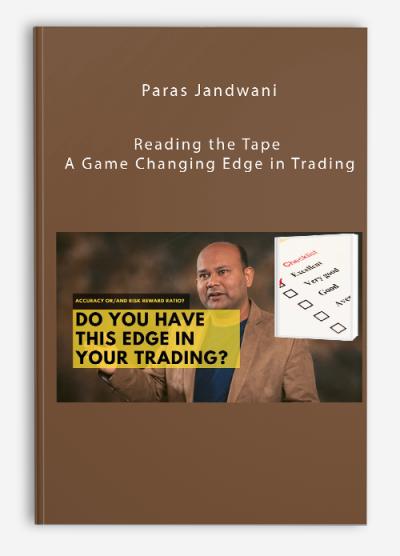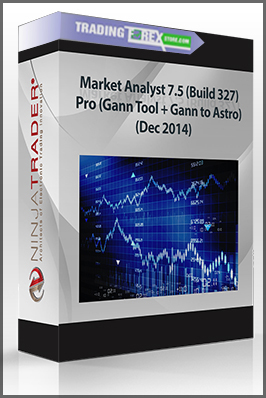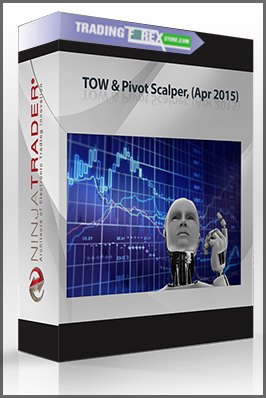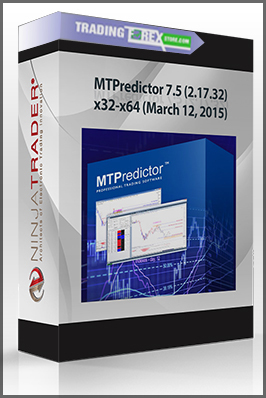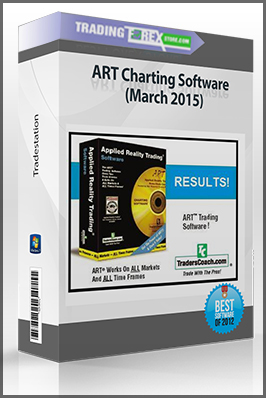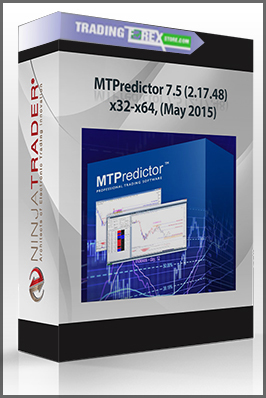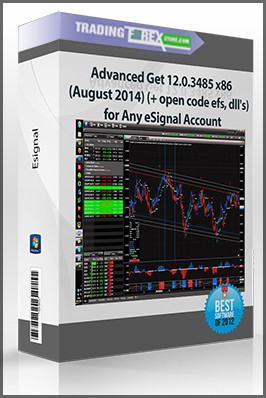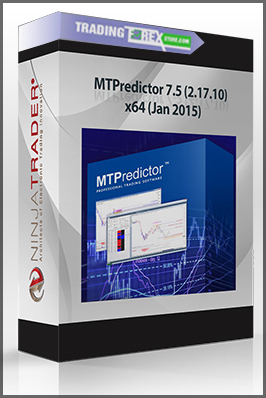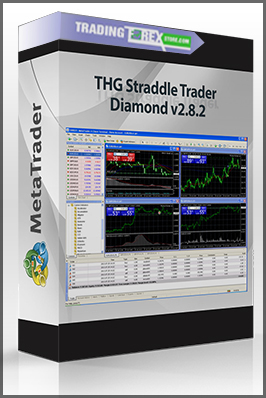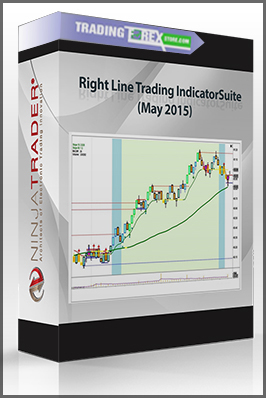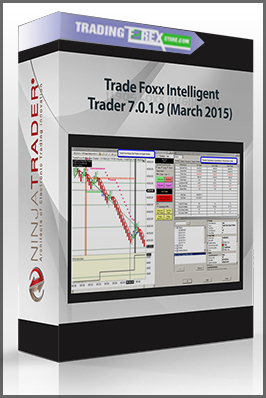Trading Strategies with Ambush and Stealth Combined
$367.00
- Description
Description
Trading Strategies with Ambush and Stealth Combined
In 2009, Trading Strategies with Ambush was introduced. It has demonstrated its effectiveness in various market conditions since then, not just in backtests but also in forward-testing. Stealth Trader, a complete trend-trading method, clings to the trend as long as it remains profitable.
Who are Andy Jordan and Marco Mayer? Andy Jordan, the method’s creator, applies it across multiple U.S. futures markets, in addition to Forex and specific ETFs. This method’s simplicity will be appreciated by you. Upon purchasing our Stealth Trader eBook, Andy will extend personalized support to you.
Methodical Trader, our in-house quantitative trader, Marco Mayer, has designed a safer and more straightforward approach to trading a wide range of markets, with the potential to generate a consistent flow of profits.
Trading Strategies with Ambush and Stealth, Alongside Andy Jordan and Marco Mayer Combine the educational resources of the Ambush and Stealth Trading Methods to enjoy the adaptability of trading in any market condition! These products embrace entirely distinct trading philosophies:
Ambush Trading Method™ adopts a counter-trend approach and remains in the market for just one day. Stealth Trader™ captures the trend and holds onto the trade for as long as feasible. Both trading methods cater to numerous trade markets, including commodity trading, ensuring your diversification across markets and strategies!
As we analyze charts, we notice that many markets exhibit a pattern of transitioning from “active” to “stagnant” and then, after a period, returning to “active,” as illustrated in the chart below. While a market can certainly trend for an extended duration or move sideways for a few weeks, it is more common to witness the “active – stagnant – active – stagnant” pattern.
This prompted us to ask: “Are there any market indicators capable of identifying ‘active’ and ‘stagnant’ phases?” and “How effective are they in guiding our trade entry and exit points?”
As you will discover in the e-book, there are indicators that adeptly address the aforementioned questions.
The subsequent inquiry was: “Can we marry an entry technique with our indicator?” The eBook presents an unexpectedly uncomplicated entry strategy that emerged from a series of tests.
Given the labor-intensive nature of manually testing these methods across diverse markets, we commenced programming the method using a straightforward stop strategy (you will find several stop strategies in the eBook). Astonishingly, we found that this strategy succeeded across a wide array of markets. Please select “Stealth Performance” from the menu on the right (Stealth Menu) to review statistics for over 24 U.S. Futures Markets tested over the past six years.
Key Information Total Net Profit: $1,483,803, with a Profit Factor of 1.39 (Average Annual Profit in USD: $134,615) Accounting for a $5 round turn commission and 1/2 tick slippage for each stop-market or market-on-close order. No compounding is employed, and the same contract volume is always traded.
The method’s programming is exceedingly straightforward. It employs the previous bar’s low (when in a long position) or high (when in a short position) as the stop-loss level. No adjustments are made during the trading day; End of Day charts are utilized. Importantly, no specific programming software is required. Stealth Trader utilizes a few standard indicators available on any trading platform. You can exert significant influence on trading outcomes using various exit strategies, and the e-book contains additional information on various trade management techniques.
Furthermore, the method demonstrates EXTREME stability with regard to the implemented variables. Numerous other approaches necessitate constant parameter adjustments. When developing our software, we had a clear idea of the desired variable values. Testing with various values produced consistently stable results. This is a crucial point! You do not want a method’s performance to fluctuate dramatically due to minor parameter alterations. It is essential to observe consistent performance even with slight parameter adjustments.

